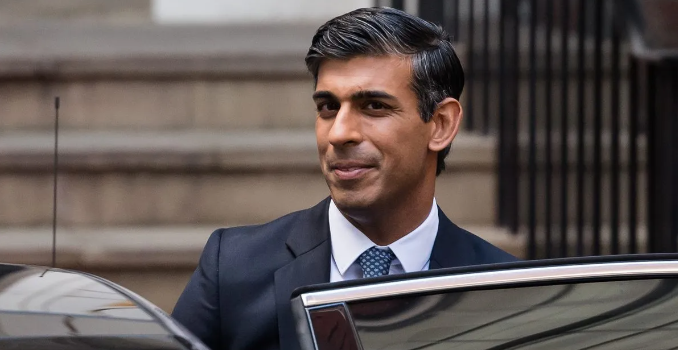
Figures show a worrying increase in stolen dogs, with many owners unable to recover their pets.
Dog thefts have surged across the UK, with new police figures revealing that at least 2,290 dogs were stolen last year—a 6% rise compared to 2022. This alarming increase has prompted experts to warn potential pet owners to purchase dogs only from trusted, reputable breeders.
The statistics, compiled by Direct Line, also show a troubling decline in recovery rates, with only 16% of stolen dogs being successfully returned—the lowest figure since tracking began in 2015. Popular breeds, including English Bulldogs, French Bulldogs, and XL Bullys, are most frequently targeted by thieves, often due to their high market value, with some dogs being sold for as much as £3,000.
The Metropolitan Police recorded the highest number of thefts, with 359 stolen dogs, followed by Kent Police (138) and West Yorkshire Police (125). According to Direct Line, criminals are drawn to the high resale value of these breeds, which makes them prime targets for theft.
Beverley Cuddy, editor of Dogs Today magazine and patron of the Stolen and Missing Pets Alliance, condemned the ongoing rise in thefts. She said, “Sadly, dog theft is still very attractive to callous thieves. Shockingly, in 2023, almost three-quarters of pet owners didn’t get their stolen pets back. The Theft Act still treats this crime as no more significant than the theft of a mobile phone – so all our pets are at risk of abduction.”
Cuddy emphasized the need for preventative measures, urging dog owners not to leave their pets unattended outside shops and to secure them properly at home, as statistics show that many thefts occur in gardens. She also expressed hope for the passing of the Pet Abduction Bill, which aims to impose harsher penalties for dog theft.
One of the most heart-wrenching cases is that of Anne Maynard from Chalfont St Peter, Buckinghamshire, whose Jack Russell, Mouse, was stolen while out for a walk at a local golf club in December 2023. Despite extensive community searches, social media campaigns, and constant efforts to track down Mouse, she has not been found.
Maynard explained, “It’s changed our lives completely. You can’t give up. We have no closure. We don’t sleep properly. We get crank calls from people in the middle of the night saying, ‘We’ve got your dog’ and then they put the phone down and we can’t get back to sleep. It’s a life sentence. She’s part of our family.”
She has made a heartfelt plea to the person who took Mouse: “They have to do the right thing. She’s a beautiful dog, but she’s not theirs, she’s ours. All they have to do is put her somewhere she will be found. No questions asked. She wouldn’t give up on us, so we’re not going to give up on her.”

















